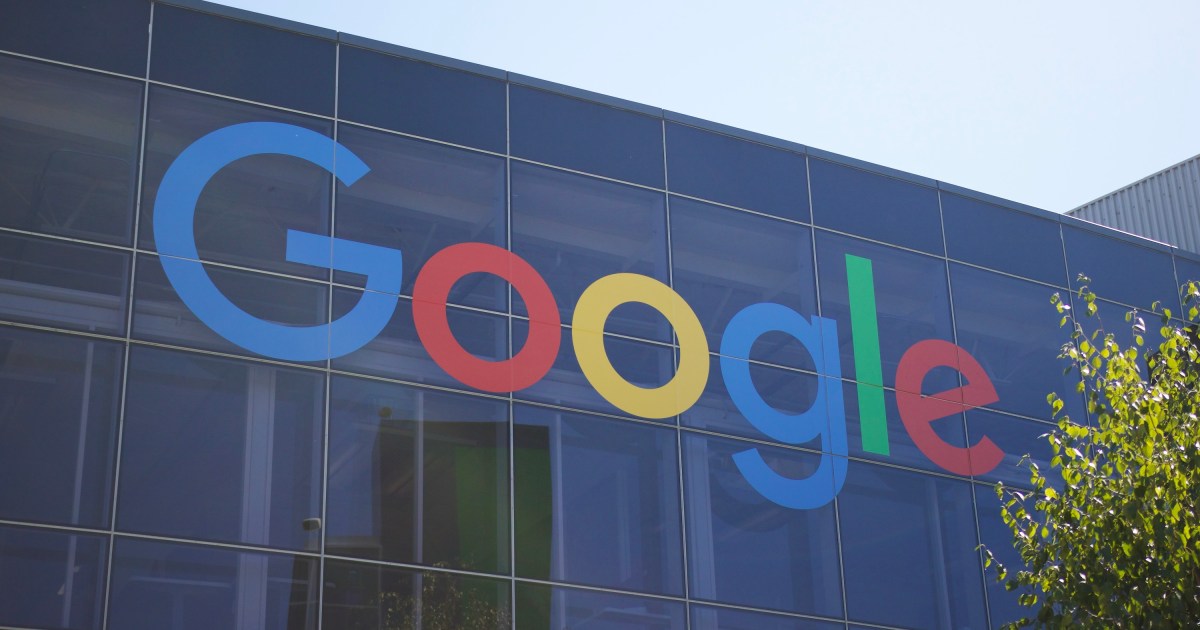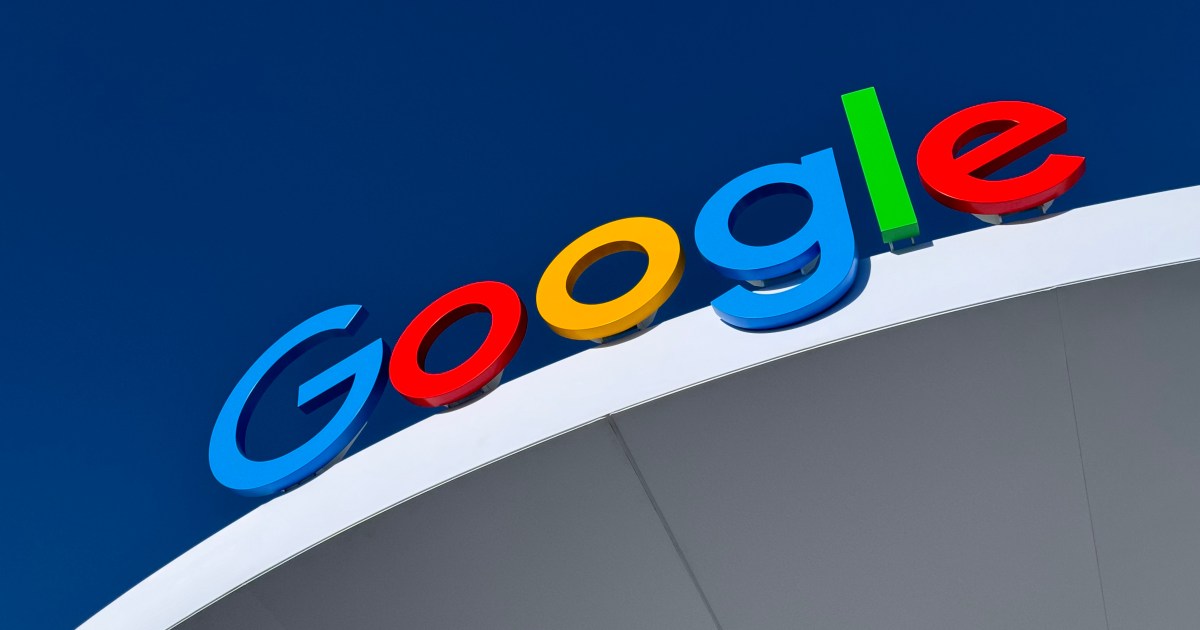Google faces a staggering fine from Russia, a figure so large it dwarfs the global GDP. The Kremlin has imposed a $2.5 decillion penalty on the tech giant, according to The Moscow Times. This translates to $2,500,000,000,000,000,000,000,000,000,000,000, or 2.5 × 1030 in scientific notation. This astronomical sum is unlikely ever to be paid, considering Google parent company Alphabet reported revenue of $307 billion last year.
The reason behind this colossal fine stems from YouTube’s blocking of several Russian state-run media accounts following Russia’s invasion of Ukraine. Affected channels included Channel One, Moscow Media, and Public Television of Russia. A Russian court initially ordered Google to reinstate these accounts and imposed a daily fine of $1,029 (100,000 rubles) for non-compliance. This fine doubled weekly, leading to the current, almost incomprehensible total.
The initial court order and escalating fines have ballooned into an absurd figure, exponentially exceeding the estimated $105 trillion global GDP. Google, unsurprisingly, has shown no intention of paying the fine, which continues to grow.
Google’s presence in Russia has dwindled significantly, with the Russian subsidiary declaring bankruptcy over a year ago. Despite this, Russian media organizations are pursuing legal action in multiple countries, including Spain, South Africa, Turkey, and Hungary, to enforce the Russian fine. Earlier this year, a South African court granted a motion to seize Google’s assets within the country. In response, Google has initiated lawsuits in the U.S. and U.K. to contain these legal challenges within Russia.
In conclusion, the massive fine imposed on Google by Russia serves as a stark example of the ongoing tensions between the tech giant and the Russian government. While the fine itself is practically unenforceable due to its astronomical size, the legal battles continue to unfold in various international courts. This situation highlights the complex challenges faced by multinational companies navigating geopolitical conflicts and the increasing pressure on tech platforms to comply with local regulations, even when those regulations conflict with broader principles of free speech and information access.











